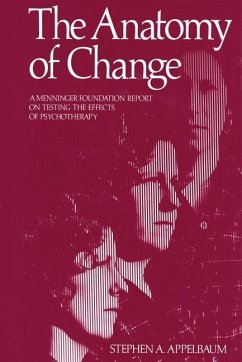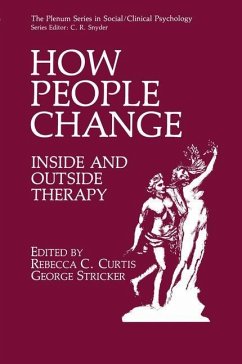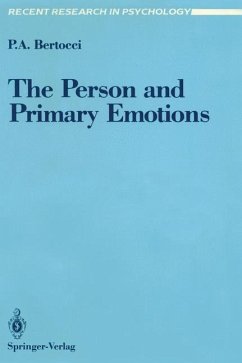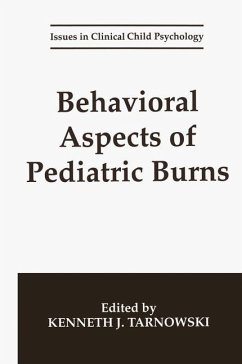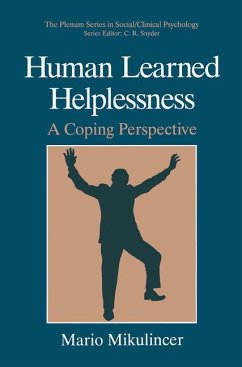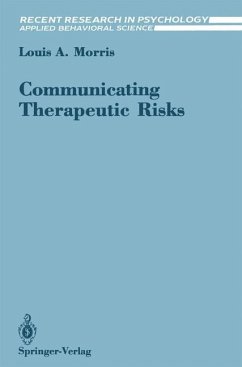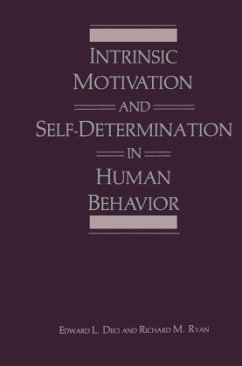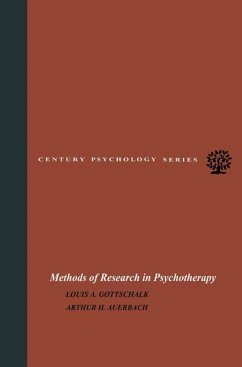
Methods of Research in Psychotherapy

PAYBACK Punkte
20 °P sammeln!
The prospective reader may well ask about the particular merits of this volume, especially in view of several dozen similar offerings, each with its own excellences, and of the easy availability of symposia, conferences, con ventional reviews, abstract journals, and serial research reports. In spite of such other attractions, it seems to me that these 34 essays are among the most informative and stimulating which are now available in the areas cov ered. The editors have been successful in attracting new articles from many of the most prominent investigators now actively working at research in ...
The prospective reader may well ask about the particular merits of this volume, especially in view of several dozen similar offerings, each with its own excellences, and of the easy availability of symposia, conferences, con ventional reviews, abstract journals, and serial research reports. In spite of such other attractions, it seems to me that these 34 essays are among the most informative and stimulating which are now available in the areas cov ered. The editors have been successful in attracting new articles from many of the most prominent investigators now actively working at research in psychotherapy, who can therefore speak for themselves about what they are doing. Several of the articles have been in the preparatory stage for numerous years. Not only do they represent the vanguard of research, but because of the introduction of relatively new concepts in communication theory in the clinical setting which can be implemented by the new tech nology (specifically the use of sound-films and tape), they probably presage the shape of much that is to come. It is commonplace that the history of a science is closely allied to the history of the tools available. Here we see the concepts, attitudes, and working methods on this frontier being set forth frankly and concretely in ways which avoid many of the deficiencies and evasions of previous clini cal research.






